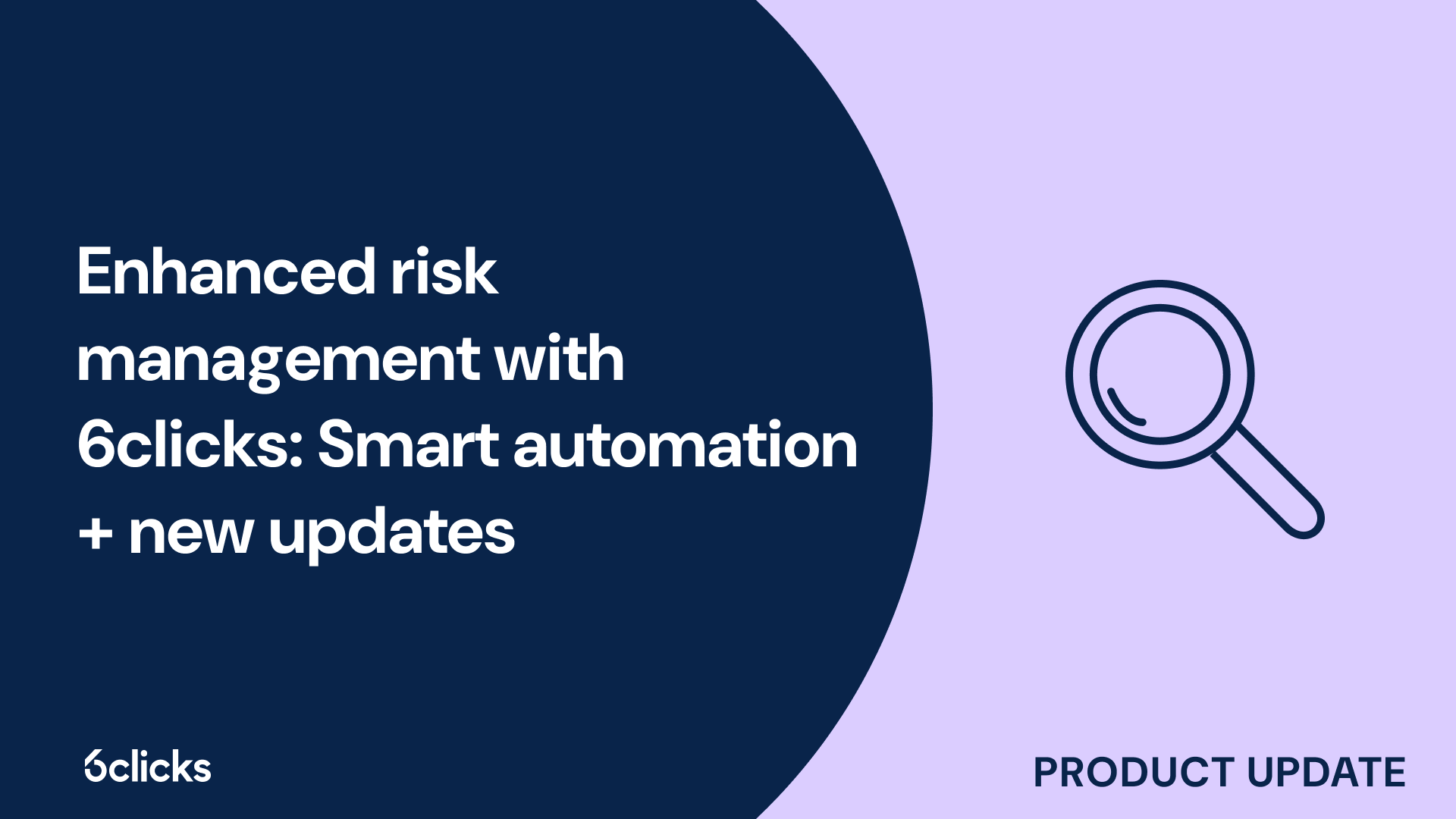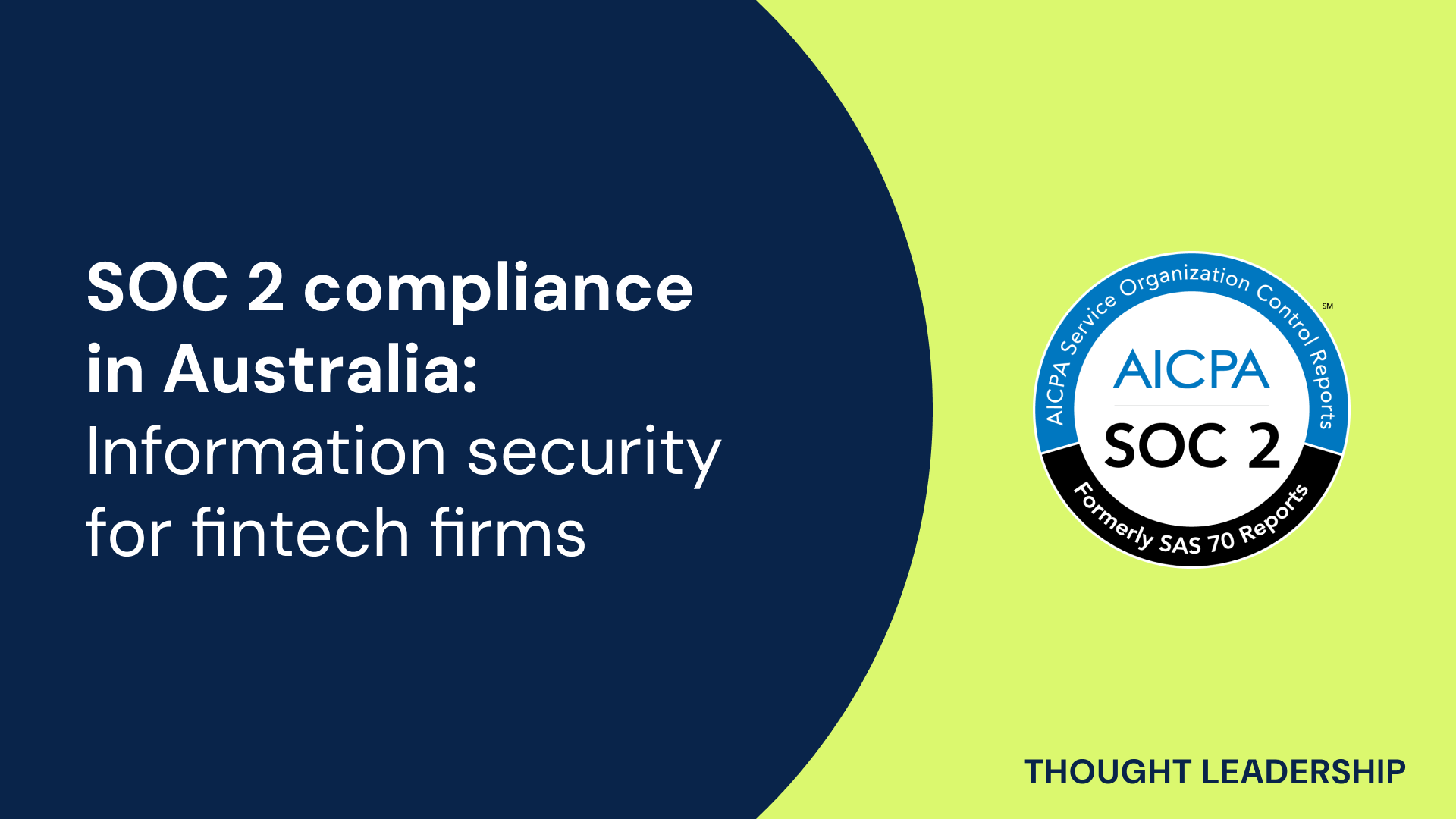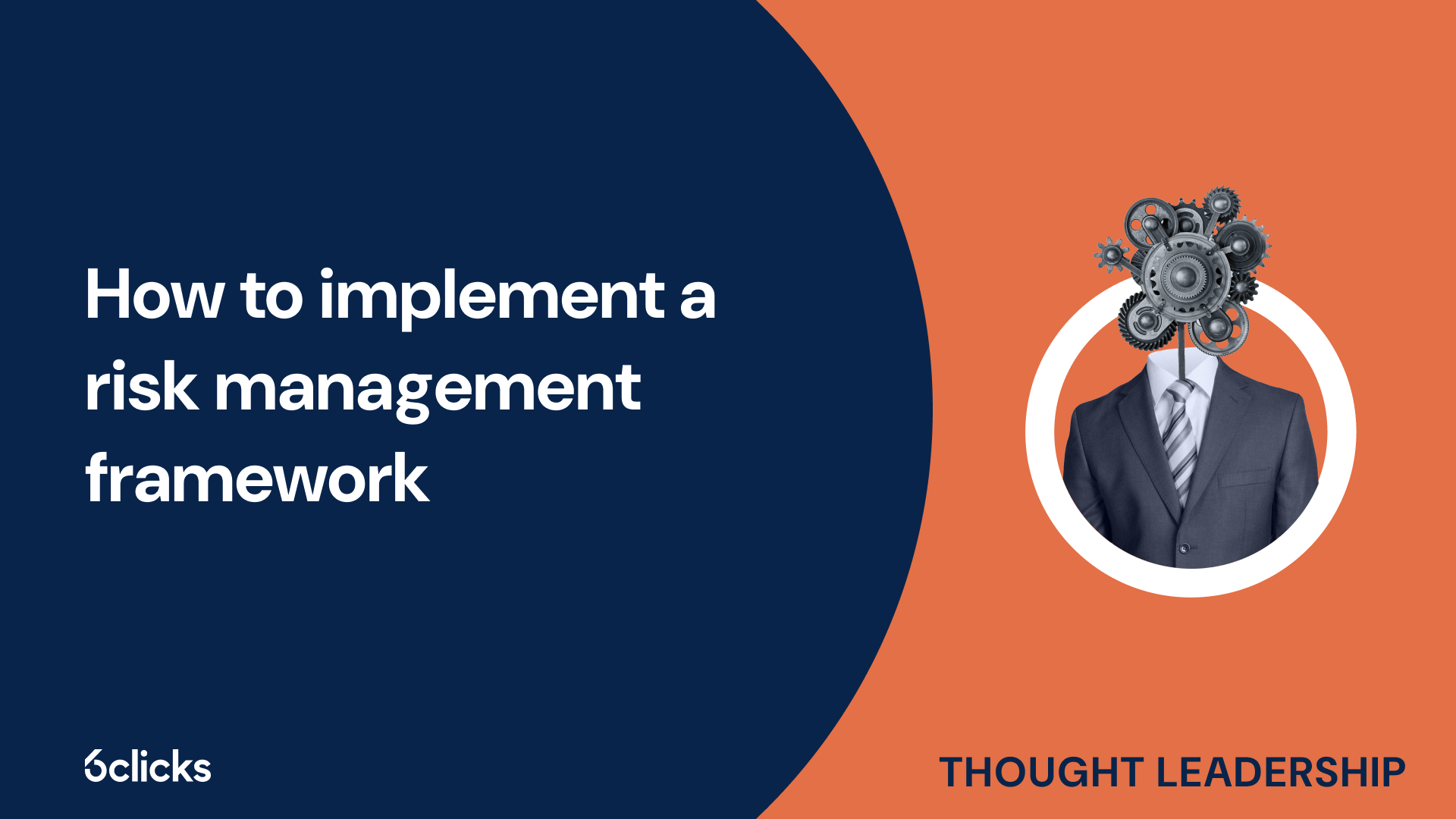UK Cyber Essentials Expert Guide
Get the UK Cyber Essentials Expert Guide ebook for insights on cybersecurity compliance, protecting your business, and achieving certification success. Download now!
-1.png?width=200&height=249&name=Group%20193%20(1)-1.png)
UK Cyber Essentials Expert Guide
What is cyber security?
Cybersecurity is a critical aspect of protecting systems, networks, and sensitive information from unauthorized access, theft, and damage. In today's digital age, cyber threats and attacks are becoming increasingly sophisticated and prevalent, making it essential for individuals and organizations to prioritize their cybersecurity efforts. Cybersecurity professionals play a crucial role in safeguarding against these threats, employing a wide range of strategies and tools to detect, prevent, and respond to cyber attacks. From penetration testing to risk management and ethical hacking, cybersecurity encompasses a broad range of technical expertise and skills that are in high demand in the job market. With the cyber threat landscape constantly evolving, the need for skilled cybersecurity professionals continues to grow, making this field a promising and rewarding career choice.
Types of certifications
Types of certifications in the field of cyber security include industry recognized certifications, training certificates, graded performance certificates, and certificates of completion. These certifications are designed to showcase an individual's ability to handle and mitigate threats to computer systems and are highly sought after by employers.
Industry recognized certifications are widely recognized and respected in the cyber security industry. Examples include Certified Information Systems Security Professional (CISSP), Certified Ethical Hacker (CEH), and Certified Information Security Manager (CISM). These certifications demonstrate a high level of technical expertise and validate an individual's knowledge and skills in the field.
Training certificates are awarded upon completion of specific cyber security training programs. These programs provide individuals with specialized knowledge and skills in areas such as penetration testing, vulnerability assessment, and network security.
Graded performance certificates assess an individual's ability to perform specific tasks related to cyber security. These assessments may include practical exams and simulations to measure the individual's ability to respond to real-world cyber threats.
Certificates of completion are issued upon successfully finishing a cyber security course or program. While not as highly regarded as industry recognized certifications, these certificates still demonstrate a commitment to professional development and a basic understanding of cyber security principles.
Reasons to pursue a cyber security certification in the UK
With the ever-increasing prevalence of cyber threats and attacks, the demand for skilled cyber security professionals is on the rise. Pursuing a cyber security certification in the UK can provide numerous benefits for individuals looking to establish or advance their careers in this field. First and foremost, obtaining a certification demonstrates a high level of competence and knowledge in the area of cyber security, which is highly valued by employers. It can also enhance job prospects and open up opportunities for advancement into managerial roles within the industry. Additionally, certifications provide a solid foundation and technical expertise in areas such as risk management, software development security, and security system implementation. Having a certification can also help individuals stay up-to-date with the latest advancements and best practices in the rapidly evolving field of cyber security. Overall, pursuing a cyber security certification in the UK can significantly boost one's career prospects and bring about a successful and rewarding career in the challenging and crucial field of cyber security.
Job opportunities
Job opportunities in the cyber security field in the UK are abundant, offering a range of roles for professionals with the right skill set and qualifications. Some of the key positions in this field include:
- Cybersecurity Specialist: A cybersecurity specialist is responsible for designing, implementing, and maintaining effective security measures to protect an organization's systems and data from cyber threats. They work closely with IT teams and stakeholders to identify vulnerabilities and develop solutions to mitigate risks.
- Information Security Analyst: An information security analyst assesses and monitors an organization's information security systems to ensure they are adequately protecting against cyber attacks. They conduct risk assessments, implement security measures, and investigate security breaches when they occur.
- Penetration Tester: A penetration tester, also known as an ethical hacker, is employed to identify vulnerabilities in an organization's systems by simulating cyber attacks. They employ various testing methods to uncover weaknesses and provide recommendations for improvement.
- Cybersecurity Architect: A cybersecurity architect designs and builds secure computer systems and networks. They develop security protocols, create security architecture plans, and implement security measures to protect sensitive information.
- Security Administrator: A security administrator is responsible for managing an organization's security systems, monitoring for any breaches or vulnerabilities, and taking necessary actions to maintain the security of the systems.
Basic requirements for these roles usually include a bachelor's degree in computer science or a related field, although preference may be given to candidates with a master's degree. Professional certifications such as Certified Information Systems Security Professional (CISSP) or Certified Ethical Hacker (CEH) are highly beneficial in the competitive job market.
With the increasing number of cyber threats, job opportunities in the cybersecurity field in the UK are expected to rise. Pursuing a career in this field can offer a range of exciting and challenging roles with excellent career growth prospects.
Enhance technical skills
Pursuing a cyber security certification in the UK is an excellent way to enhance your technical skills and stay competitive in the ever-evolving field of cybersecurity. These certifications provide individuals with a comprehensive understanding of various aspects of cyber security and equip them with the necessary tools to tackle the dynamic challenges of the industry.
Cyber security certifications in the UK cover a wide range of technical skills, including vulnerability analysis, reconnaissance and information gathering, web application security, penetration testing, and network security. These courses delve deep into the intricacies of identifying and mitigating vulnerabilities in systems, understanding the techniques used by hackers, and implementing robust security measures to protect against cyber threats.
By pursuing a cyber security certification, individuals gain hands-on experience with cutting-edge tools and techniques, allowing them to effectively evaluate and secure their organization's digital infrastructure. Additionally, these certifications provide a strong foundation in risk management, incident response, and compliance, making certification holders valuable assets in today's cyber-focused world.
Professional development
When it comes to professional development in the cybersecurity field in the UK, there are several top certification options to consider. These certifications provide individuals with the knowledge and skills necessary to excel in the ever-evolving world of cyber threats and security.
One popular certification is the Certified Information Systems Security Professional (CISSP) certification. Offered by (ISC)², this certification covers a broad range of topics and is well-regarded in the industry. It requires a minimum of five years of relevant experience and covers areas such as security and risk management, asset security, and software development security.
Another highly respected certification is the Certified Ethical Hacker (CEH) certification. Administered by the EC-Council, this certification is focused on ethical hacking and penetration testing. It provides individuals with the technical expertise needed to identify and exploit vulnerabilities in systems and networks.
For those looking to specialize in network security, the Certified Network Defense Architect (CNDA) certification is a great option. Offered by the EC-Council, CNDA focuses on safeguarding network infrastructure and is geared towards professionals working in the government sector.
In addition to these certifications, other professional development options include CompTIA Security+, Certified Information Security Manager (CISM), and Certified Information Privacy Professional (CIPP) certifications. Each of these certifications offers unique benefits and advantages, depending on an individual's career goals and specific area of interest.
No matter which certification option individuals choose, pursuing professional development through these certifications provides a solid foundation in cybersecurity and opens up opportunities for career advancement in the rapidly growing UK cybersecurity industry.
Increased earning potential
Pursuing a cybersecurity certification in the United Kingdom can greatly enhance earning potential for professionals in this field. With the average salary for a cybersecurity professional in the UK already at £47,000 and expected to rise in the coming years, obtaining a certification can further boost one's income.
These certifications not only showcase an individual's expertise and knowledge in the field of cybersecurity but also demonstrate their commitment to continuous learning and professional development. Employers value certified professionals as they bring a higher level of skill and proficiency to the job.
By adding a cybersecurity certification to their credentials, professionals become more competitive in the job market, opening doors to higher-paying roles and opportunities for advancement. Employers are willing to offer higher salaries to those who have proven their technical expertise and commitment to maintaining the security of their organizations.
Furthermore, with the demand for skilled cybersecurity professionals projected to grow in the next decade, certified individuals can expect even more lucrative job opportunities. As cyber threats continue to evolve and become more sophisticated, organizations are investing more resources in securing their sensitive data and systems, thus driving the demand for qualified cybersecurity professionals.
Cyber security certifications available in the UK
In the rapidly evolving field of cybersecurity, obtaining the right certifications can be crucial for professionals looking to enhance their skills and advance their careers. The United Kingdom offers a wide range of certifications that cater to various levels of expertise and specialization. These certifications not only validate individuals' knowledge and proficiency in cybersecurity but also demonstrate their dedication to staying updated with the latest industry practices and technologies. From entry-level credentials to advanced certifications, the UK provides numerous options for professionals to gain the necessary skills and credentials to excel in the cybersecurity field.
CompTIA security+ certification
The CompTIA Security+ certification is highly relevant in the cybersecurity industry and offers significant benefits for career progression. With a focus on foundational cybersecurity knowledge and skills, it provides a solid starting point for professionals entering the field.
The certification requires passing a single exam, which covers various aspects of cybersecurity, including network security, threats, vulnerabilities, and identity management. It also includes topics like cryptography, access control, and incident response. By attaining this certification, professionals demonstrate their understanding of essential concepts and their ability to address security threats and protect systems and data.
Obtaining the CompTIA Security+ certification can open doors to a wide range of career opportunities in the cybersecurity field. It is recognized globally and is often required or preferred by employers. This certification equips professionals with the technical expertise needed for entry-level positions, while also providing a foundation for those aiming for more advanced certifications and managerial roles.
GIAC information security fundamentals (GISF) certification
The GIAC Information Security Fundamentals (GISF) certification is an entry-level credential designed for individuals interested in starting a career in cybersecurity. This certification is ideal for those who want to gain basic knowledge and a solid foundation in the field.
The GISF certification is relevant for individuals looking to pursue a hands-on role in cybersecurity. It provides professionals with the necessary skills to understand and mitigate common cyber threats and vulnerabilities. By obtaining this certification, individuals demonstrate their ability to safeguard systems and data from potential attacks.
The GISF exam assesses candidates on various topics, including network security, risk management, incident response, and security policies and procedures. The exam is a multiple-choice format and consists of 75 questions. Candidates are given a total of two hours to complete the exam.
To be eligible for the GISF certification, there are no specific prerequisites or experience requirements. This makes it accessible to individuals who are new to the cybersecurity field. The certification is administered by GIAC and the cost of the exam is $729 USD.
Certified information systems auditor (CISA) certification
The Certified Information Systems Auditor (CISA) certification is highly regarded and relevant for professionals in the IT sector who specialize in information system auditing. This globally recognized certification demonstrates an individual's proficiency and expertise in assessing and evaluating information system and IT governance.
The CISA exam is comprehensive and rigorous, consisting of 150 multiple-choice questions. Candidates are given a total of four hours to complete the exam. The exam covers five practice domains:
1. Auditing Information Systems: This domain focuses on the principles, processes, and techniques of auditing information systems to ensure their effectiveness and reliability.
2. Governance and Management of IT: This domain covers the framework and practices for IT governance and management, including strategic planning, risk management, and resource optimization.
3. Acquisition and Implementation of Information Systems: This domain addresses the processes and activities involved in the acquisition, development, and implementation of information systems, ensuring that they meet the organization's goals and objectives.
4. Operations and Service Management: This domain covers the management of IT operations, including service management practices, incident management, and problem management.
5. Protection of Information Assets: This domain focuses on the protection of information assets through the implementation and management of security policies, procedures, and controls.
Acquiring the CISA certification is beneficial for professionals looking to enhance their career in information system auditing. With this certification, individuals can demonstrate their technical expertise, broaden their job prospects, and increase their earning potential in the IT industry.
Certified ethical hacker (CEH) certification
The Certified Ethical Hacker (CEH) certification is designed for individuals who want to gain knowledge and skills in the field of ethical hacking. This certification is highly regarded in the cybersecurity industry and can open up a range of career opportunities.
To obtain the CEH certification, candidates must possess a solid understanding of hacking techniques, system vulnerabilities, and defense strategies. They must demonstrate technical expertise in areas such as footprinting and reconnaissance, scanning networks, enumeration, system hacking, and malware threats. Additionally, candidates must have knowledge of various tools and technologies used in ethical hacking.
The CEH certification covers different phases of ethical hacking, also known as white hat hacking. These phases include reconnaissance, scanning, gaining access, maintaining access, and covering tracks. Candidates must understand each phase and be able to apply relevant techniques and tools to identify vulnerabilities and secure systems.
By obtaining the CEH certification, individuals can strengthen their credentials as cybersecurity professionals. It provides them with the necessary skills to protect organizations from cyber threats and to contribute to the overall security of information systems.
How to prepare for a cyber security certification exam in the UK
Preparing for a cyber security certification exam in the UK requires candidates to have a thorough understanding of various aspects of cyber security. First, individuals should familiarize themselves with the exam objectives and content outline provided by the certification body. This will help them identify the specific areas of knowledge and skills that the exam will cover. Next, candidates should invest time in studying and acquiring relevant knowledge through resources such as books, online courses, and practice exams. Hands-on experience and practical application of concepts are also crucial, so candidates should consider participating in real-world projects or gaining practical experience through internships or entry-level positions. Additionally, joining study groups or engaging with online forums can provide valuable insights and opportunities for knowledge sharing. Regular practice exams can help candidates assess their strengths and weaknesses and identify areas that require further improvement. Finally, time management and exam strategy should not be overlooked, as candidates should allocate sufficient time for each exam section and familiarize themselves with the exam format and question types. By following a comprehensive and strategic preparation approach, candidates can increase their chances of success in a cyber security certification exam in the UK.
Study resources
When preparing for a cyber security certification exam in the UK, there are a variety of study resources available to help individuals effectively prepare for the exam. These study resources include books, online courses, and training programs.
Books: There are numerous books available that cover the topics and concepts relevant to the cyber security certification exam. These books provide a comprehensive overview of the subject matter and help candidates deepen their understanding of key concepts.
Online Courses: Online courses are another valuable study resource for cyber security certification exams. These courses provide structured and interactive learning experiences, allowing candidates to study at their own pace. Online courses often include videos, quizzes, and assignments to reinforce the learning process.
Training Programs: Many organizations offer specialized cyber security training programs that are specifically designed to prepare individuals for certification exams. These training programs combine theory with hands-on practice and often include mock exams to simulate the real exam environment.
By utilizing these study resources, candidates can effectively prepare for their cyber security certification exam in the UK. It is recommended to use a combination of books, online courses, and training programs to gain a comprehensive understanding of the subject matter and ensure successful exam outcomes.
Practice exams and mock tests
Practice exams and mock tests are crucial resources in preparing for a cyber security certification in the UK. These resources not only help candidates familiarize themselves with the exam format and structure but also provide an opportunity to assess their knowledge and identify areas for improvement.
One of the key benefits of practice exams and mock tests is that they simulate the actual certification exam, allowing candidates to experience the time constraints and pressure that they will face on the day of the exam. By taking these simulated exams, candidates can practice time management and enhance their ability to answer questions accurately and efficiently.
Moreover, practice exams and mock tests allow candidates to assess their knowledge of the subject matter. Through these tests, candidates can determine their level of understanding and identify any knowledge gaps. By reviewing the results and analyzing the correct answers, candidates can focus on strengthening their weak areas and directing their study efforts towards the topics that need more attention.
These resources not only provide guidance on exam content but can also boost candidates' confidence and reduce test anxiety. Regularly taking practice exams and mock tests helps candidates familiarize themselves with the exam format, enabling them to feel more comfortable and confident on the day of the actual certification exam.








